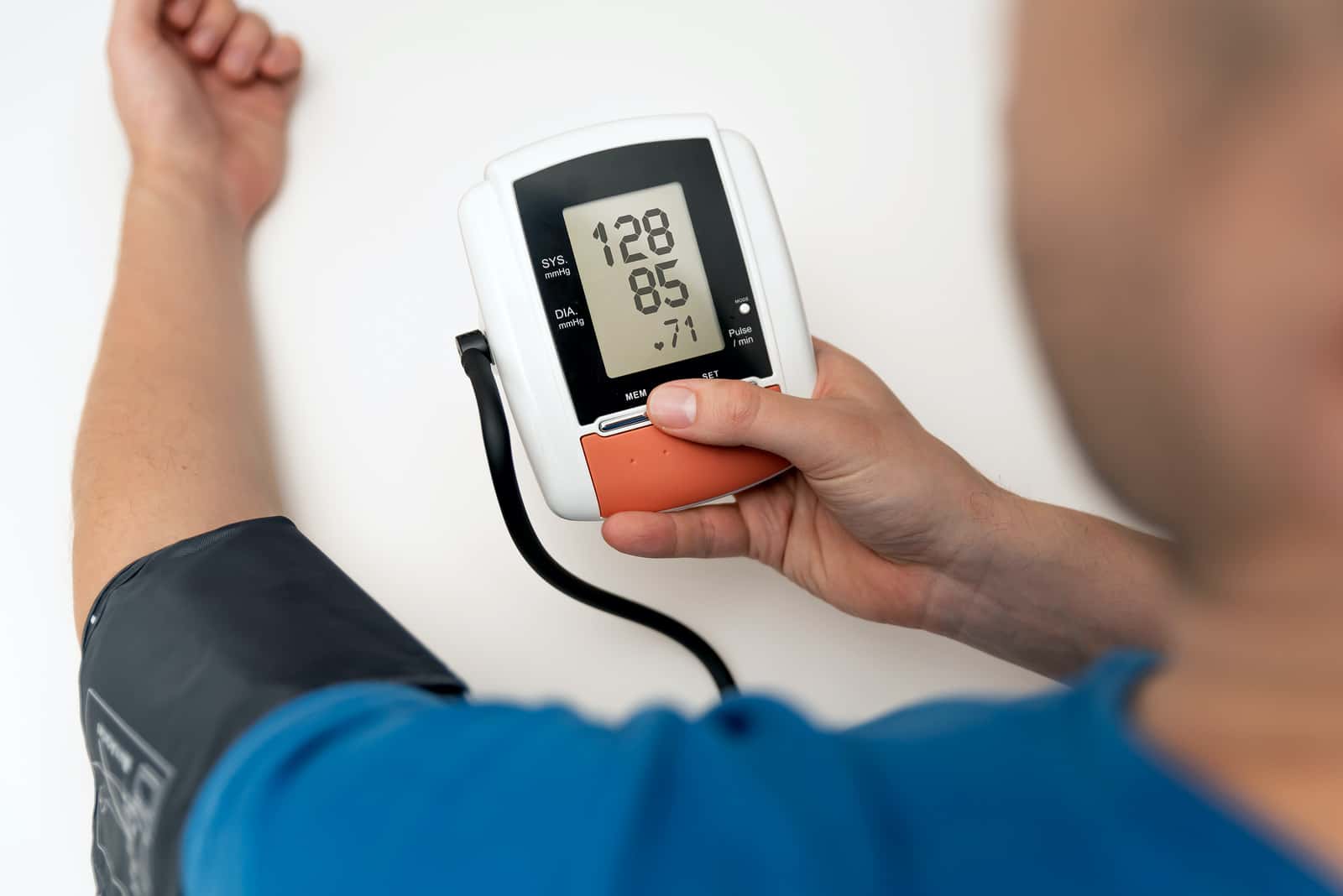
How important is strict blood pressure control to prevent strokes, heart attacks and other adverse cardiac events? A large randomized, controlled trial from China confirms that getting systolic blood pressure under 130 mm Hg makes a difference.
The STEP Study on Systolic Blood Pressure Under 130:
More than 8,500 older adults enrolled in the STEP study (New England Journal of Medicine, Aug. 30, 2021). Half the volunteers received intensive treatment, while the other half got standard care. The researchers assigned the volunteers to their groups with safeguards to make sure they were random.
How Did Blood Pressure Fare?
After a year, the average systolic blood pressure was 128 in the intensive-care group and 135 in the standard-care group. During the three years the study lasted, 3.5% of those under intensive treatment and 4.6% of those getting standard care experienced adverse cardiovascular events. These included stroke, heart failure, heart attack, acute coronary syndrome, atrial fibrillation or death from cardiovascular causes. While the difference of the combined measure was significant, the difference with respect to death was not.
The authors conclude:
“Our large trial provides important evidence, showing that a reduction in the systolic blood pressure to less than 130 mm Hg resulted in cardiovascular benefits in older patients with hypertension in China.”
Results from the SPRINT Study:
This is not the first trial to show benefit from lowering systolic blood pressure under 130. In the SPRINT trial, 9,361 older Americans at high risk of cardiovascular complications took medication to lower blood pressure (New England Journal of Medicine, Nov. 26, 2015). The intensive-treatment group aimed to get systolic blood pressure to 120 mm Hg or below, while the standard-treatment goal was 140 or lower.
When the scientists added up heart attacks, strokes, heart failure and death from cardiovascular causes, they found a rate of 1.65% in the intensive group and 2.19% in the control group. Significantly fewer people in the intensive treatment group died during the study. On the other hand, more of them experienced dizziness, fainting, electrolyte changes and kidney injury than those in the standard care group.
Learn More to Get Systolic Blood Pressure Under 130:
To reap the benefits of good blood pressure control, you need to know how to measure it properly. In addition, you will want information on the principal medications used as well as good non-drug tactics to lower your blood pressure. We have written about all of these topics in our eGuide to Blood Pressure Solutions. It is an online resource that offers information on foods, beverages and supplements as well as drugs. You may also wish to listen to our interviews with several international experts on hypertension. It is Show 1134: Can You Control Your Blood Pressure Without Drugs?
Citations
- Zhang W et al, "Trial of Intensive Blood-Pressure Control in Older Patients with Hypertension." New England Journal of Medicine, Aug. 30, 2021. DOI: 10.1056/NEJMoa2111437
- SPRINT Research Group, "A Randomized Trial of Intensive versus Standard Blood-Pressure Control." New England Journal of Medicine, Nov. 26, 2015. DOI: 10.1056/NEJMoa1511939

